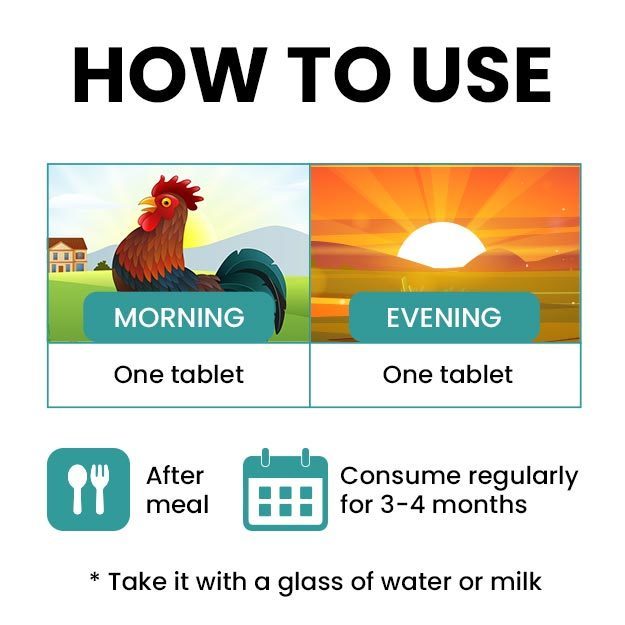Swelling of the feet in pregnancy is a common problem. Despite not being a major problem, pregnant women have to face a lot of problems due to this. Actually, during pregnancy, the pregnant woman starts having swelling in the feet and heels due to excess fluid in the body and the increasing size of the uterus. As the day of delivery approaches, the swelling increases. In the summer season, swelling starts increasing at the end of the day. But keep in mind that swelling of the face and hands is not normal like feet. You do not need to worry about swelling of the feet. Whereas swelling of the face and hands indicates other diseases like pre-eclampsia. Problems like preeclampsia occur due to the fetus not getting adequate amounts of oxygen and nutrients.
(Read more - Swelling in Feet)





























